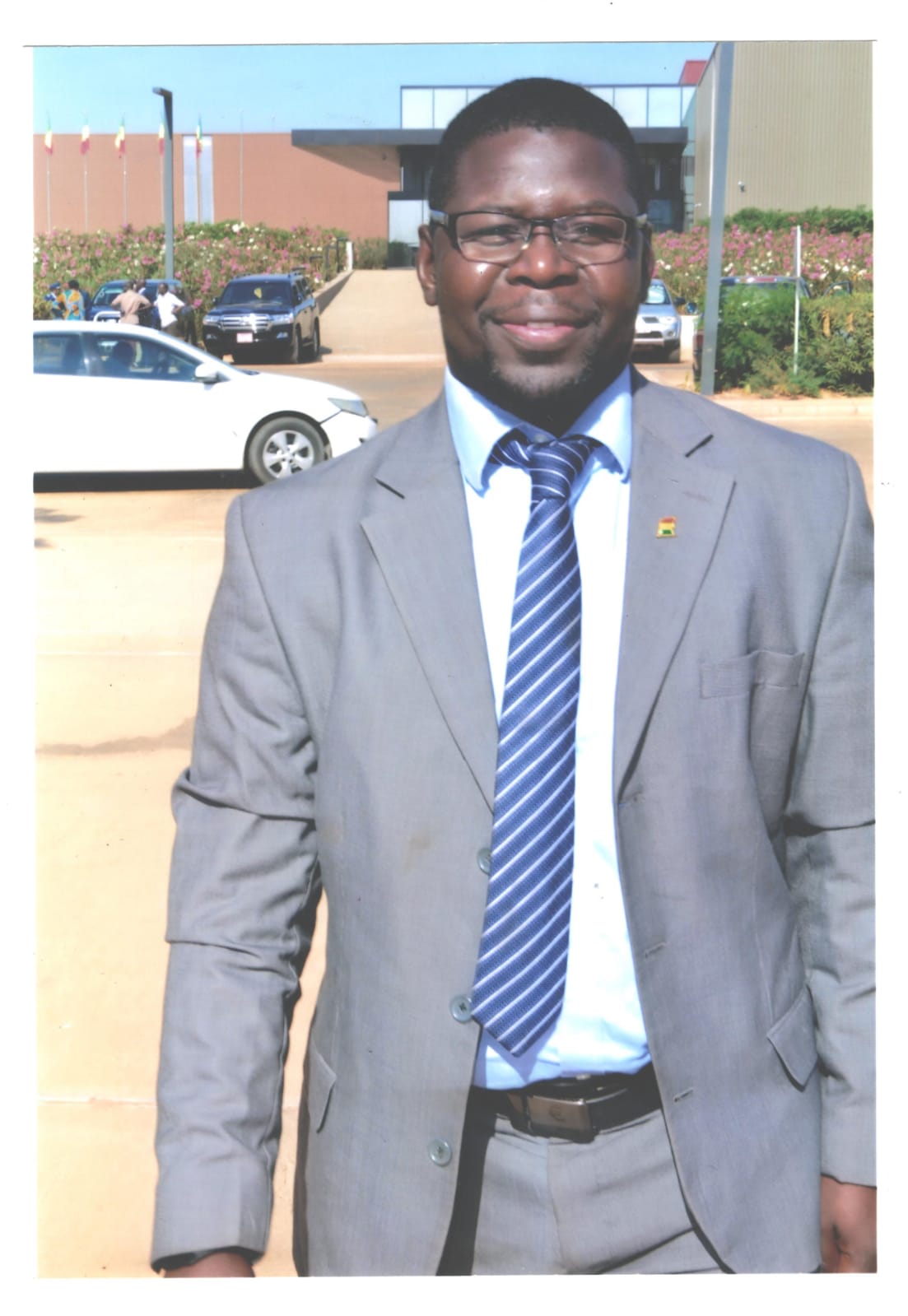 By Cheikh Mbacké Sene
By Cheikh Mbacké Sene
Expert in economic intelligence and sensitive communication – Economic analyst
Russia is seeking to escape international isolation following its invasion of Ukraine and is turning to an Africa that is increasingly inclined towards cooperation alternatives. That’s good, each party seems to have to offer what the other is looking for. But still at what price and what conditions, not to repeat the model that the continent has developed with its historical partners in 60 years and considered so far “unbalanced”? And how to apprehend a calculating and fairly cautious Russia that does not respond blindly to the “calls” of the military juntas in power in at least four ECOWAS countries?
Economic partnership in the sectors of raw materials such as agriculture and hydrocarbons, transport and digitization, supply of arms, and military cooperation… These are some of the areas that make Russia a strategic and attractive partner for African countries. From the close and increasingly uncomfortable cooperation between African states and their former colonies (mostly European), Russia, like China, Brazil, or Turkey, offers new bilateral alternatives.
Towards the reinvention of international relations between Africa and the rest of the world.
In an Africa still lagging behind, which seeks to free itself from the links of the last vestiges of colonialism, Russia presents itself as an alternative. It offers African countries – which are increasingly demanding and inclined to rebalance relations – the possibility of questioning the content and methods of cooperation with their historical partners. The simple fact of “brandishing” Russia or suggesting the possibility of a reorientation of foreign relations raises the stakes and or gives perspective to an alternative in the face of historical partners, alerted to the fact that they must question themselves. or to reinvent the model used so far.
To date, Russia is developing mostly commercial cooperation with some forty African countries for an estimated trade volume of 14 billion dollars. For comparison, the value of African trade with the EU, China, and the United States is $295 billion, $254 billion, and $65 billion respectively. Yet more than 70% of all Russian trade with Africa is mainly concentrated in four countries: Egypt, Algeria, Morocco, and South Africa.
Russian exports to Africa are 7 times greater than African exports to Russia, which differentiates them from the more balanced trade portfolios of Africa’s major trading partners. African exports to Russia represent only 0.4% of Africa’s total and consist mainly of fresh produce.
Russia’s sympathy capital continues to grow in most of the countries of the continent, moreover plagued by coups and other terrorist, geostrategic, and political troubles. This Russian aura is also due to the fed-up noted in Africa-Western Europe relations, considered preposterous and emanating from the vestiges of … Francafrique.
A strategic and very cautious Russia.
Russia is very calculating and does not blindly give (official) feedback to the foot calls of West African juntas. It does not want to offend the sensitivity of “strategic allies”, targeted for their stability, and their economic and military power (Nigeria, Ghana, Ivory Coast, Senegal which are the first economies and four first military powers of ECOWAS).
Diplomacy is strategic. For example as first allies, which of these countries would Russia choose first: Senegal, Niger, Ivory Coast, Nigeria, Ghana, Burkina Faso, Guinea? Surely not Niger, Mali or Burkina Faso! In Diplomacy, only interests matter. Russia is careful not to offend the sensitivity of Nigeria, Ghana, Côte d’Ivoire, and Senegal, for the aforementioned characteristics. Whether they are democratic or not, doesn’t matter to the Kremlin.
Democracy is not an essential criterion for Russia which is far from being – it must be said – a “moralizing country” like France or the United States. And then, the Russian strategy is to “coax” these four powers to “disturb” their relations with historical partners. (To be continued)
